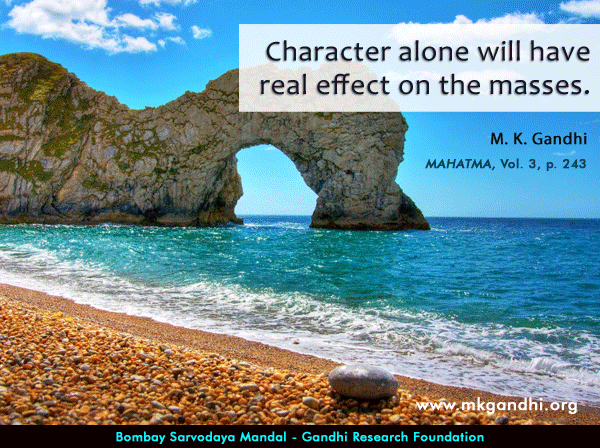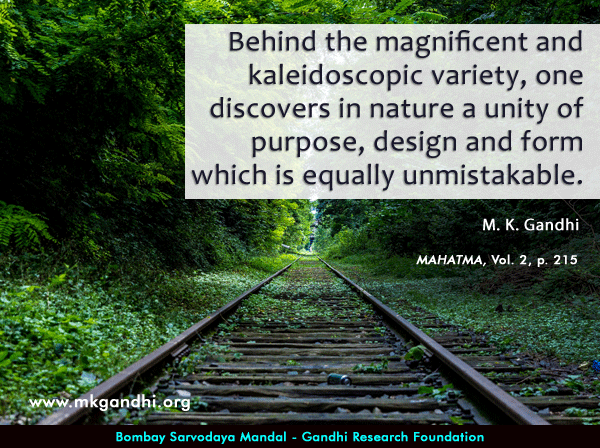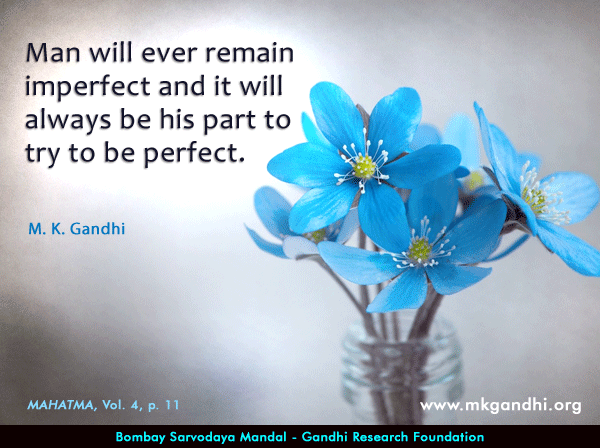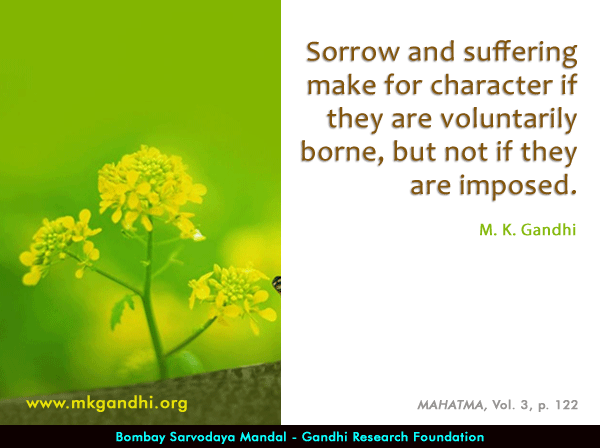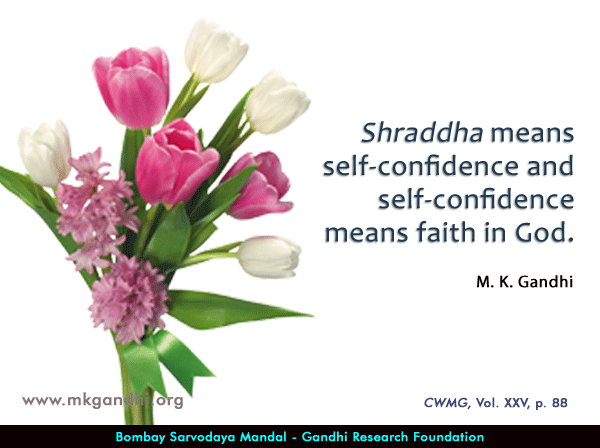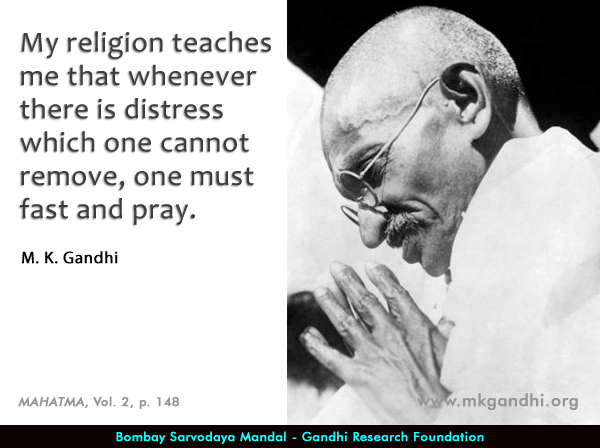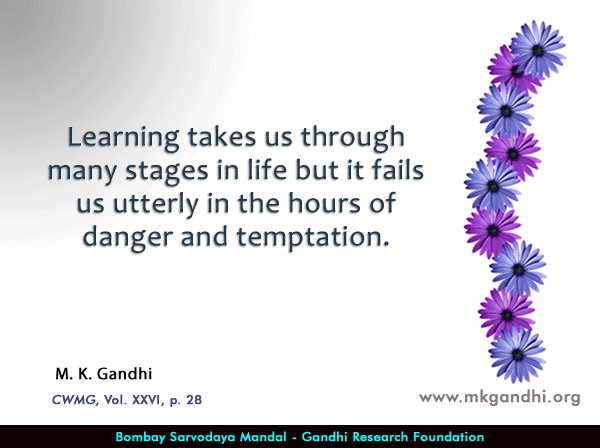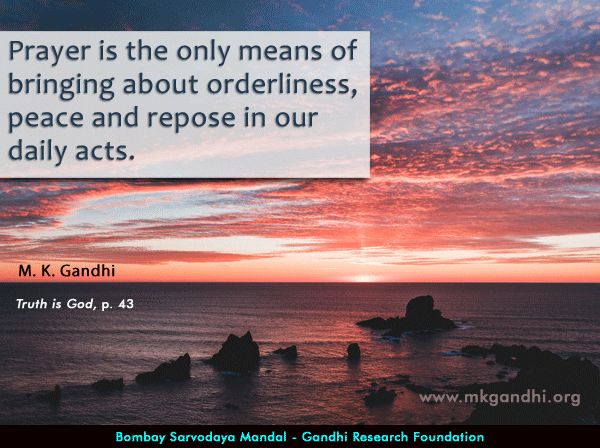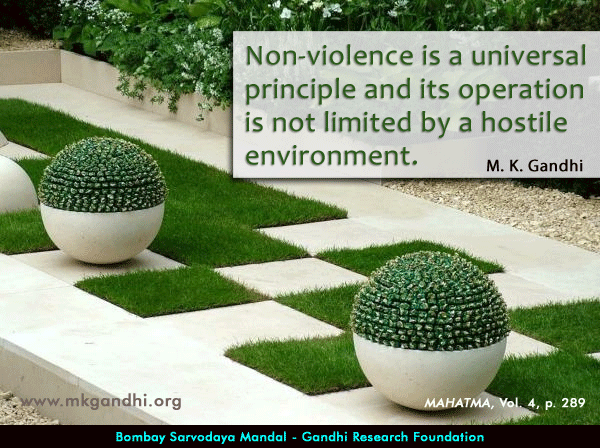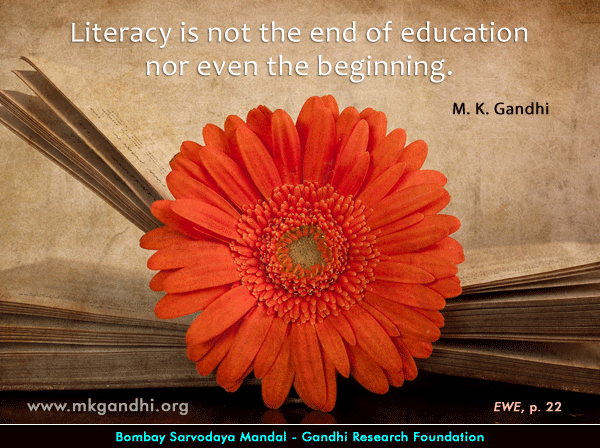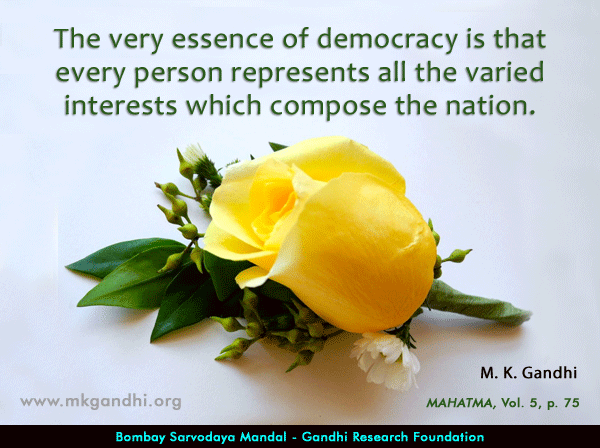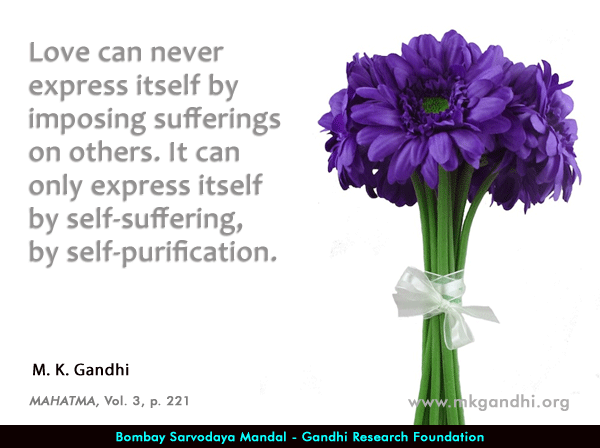Agriculture is the ancient, essential and the foremost important occupation in the world. Man began systematic cultivating of plants and crops thousands of years ago and produced food for the very basic need of life. In order to meet the needs of everyone, he ought to adopt various methods of cultivation, store grains and the produces, and enrich the ways of consuming the produces. He had to fight with the nature, the primary threat the agricultural farms face every day that includes sunlight, heat, rainfall, soil and other climatic conditions. As the methods of cultivation evolve, the risks also develop for the cultivators to obtain the effective yields as expected.
Today’s risks are different from what the farmers dealt in the yesteryears. Most of the risks are artificially created, and some are politically motivated. The government and the administration have been playing a double role of educating the farmers on appropriate methods of cultivation on one hand and denying the rights of the farmers in implementing those methods on the other. Farmer’s profession has been highly politicized when it comes to accruing loans, grants, resources and lastly in selling the produces too.
The agricultural sector has gone in to the exorbitant state of horrified scenes that include farmer suicides, desiccated crops, and dried lands with no water. Deaths due to starvation and lack of nourished food are another tragic affair going on in the country.
What Gandhi can do in such critical situation? Do farmers become greedier? Or, do they have something learn from the teachings of Gandhi to sustain prevailing conditions that throw them out of their profession succumbing to natural and artificially created atmosphere in the field of agriculture? This article broadly explores the agricultural scenario and tries to answer these questions.
Saturday, March 4, 2017
Friday, March 3, 2017
Gandhi Journal Article-I ( MARCH 2017 ) - Relevance of Gandhian principles in Agriculture
Gandhi Journal Article-I ( MARCH 2017 )
Relevance of Gandhian principles in Agriculture
By Balamurali Balaji
Thursday, March 2, 2017
Wednesday, March 1, 2017
Tuesday, February 28, 2017
Monday, February 27, 2017
Sunday, February 26, 2017
Saturday, February 25, 2017
Friday, February 24, 2017
Thursday, February 23, 2017
Wednesday, February 22, 2017
Some lesser-known facts on 'Kasturba'
Some
lesser-known facts on 'Ba'
Kasturba Mohandas Gandhi married Mohandas Karamchand
Gandhi when she was only 13 years old and Gandhi was 14 years old. She fought
along with Gandhi for civil rights and Indian independence against the British.
She was born on April 11, 1869 and died on February 22, 1944.
- Kasturba Gandhi was born as Kastur Kapadia in the year 1869. Not much is known of her early life
- In May 1883, at the age of 13, in an arranged marriage, she married Mahatma Gandhi who was 14 years old at that time
- As been said by Gandhi "...for us marriage meant only wearing new clothes, eating sweets and playing with relatives."
- Kasturba was an absolute illiterate. Gandhi taught her the alphabets and how to read and write
- She could not learn much because she had too many domestic responsibilities. It was also revealed that she did not have much enthusiasm for education and so, was least interested in learning
- When Mahatma Gandhi left for London to study law, she remained in India for upbringing their newly born son Harilal
- She had three more sons with Mahatma Gandhi: Manilal Gandhi, Ramdas Gandhi, and Devdas Gandhi
- In the year 1906, Gandhi started practicing Brahmacharya and took the oath of celibacy and chastity. Kasturba supported her husband's decisions even though she did not support some of his ideas
- She worked closely with Gandhi and became a political activist, fighting for civil rights and Indian independence from the British
- From the year 1904 to 1914, she was active in the Phoenix Settlement near Durban, South Africa
- Kasturba encouraged women volunteers to take part in the Indian freedom struggle and even took Gandhi's position when he was in jail
- She was even arrested and sentenced to three months in jail for protesting against working conditions for Indians in South Africa
- In 1915, when Gandhi returned to India to support indigo planters, Kasturba accompanied him. She taught hygiene, discipline, health, reading, and writing
- In January 1944, Kasturba suffered two heart attacks, after which she was confined to her bed. She died on February 22, the same year.
Kasturba Gandhi, the larger than life shadow of Mahatma Gandhi
Kasturba Gandhi, the larger than life shadow of Mahatma Gandhi
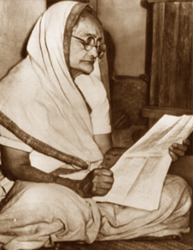
(April 11, 1869 - February 22, 1944)
Mohan Das Karamchand Gandhi's evolution from a lawyer, to becoming the face of India's non-violent struggle for independence as the Mahatma has been written about at great length. In this journey of a man who is regarded as the father of the nation, an integral companion was his wife, Kasturba Gandhi.
Kasturba Gandhi's name is often lost in the face of Gandhi's leadership but she was his pillar of support, the first individual who was a part of him like none other. If he could convince her to give up her notions of caste and untouchability, he could convince others of the same. She was perhaps the only person who could disagree with him and point out to him his mistakes. She was his companion, his wife, his caretaker and later in life his representative too.
Tuesday, February 21, 2017
Subscribe to:
Posts (Atom)
